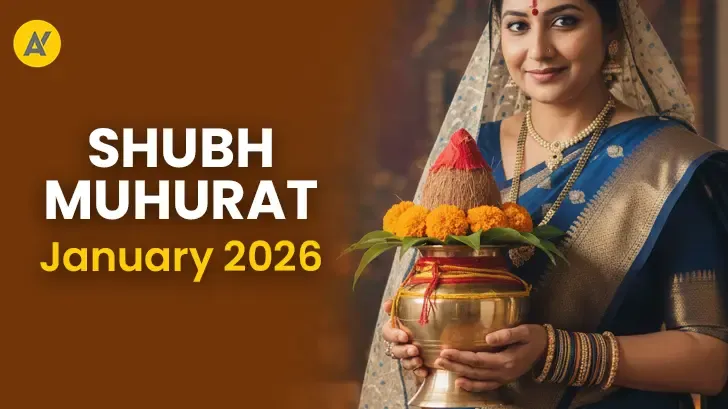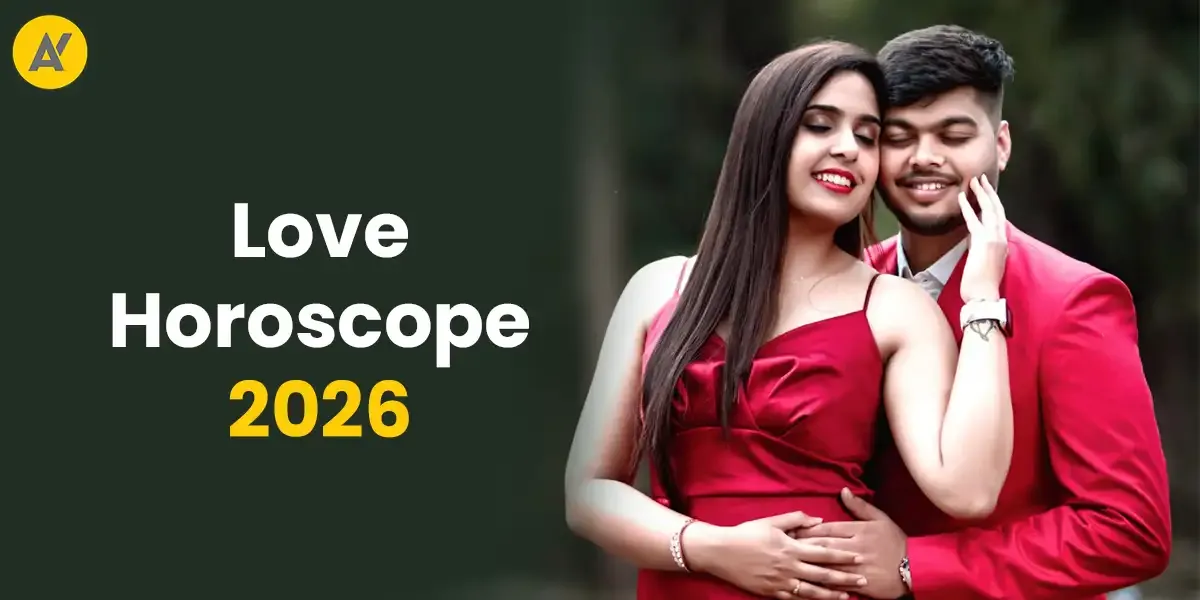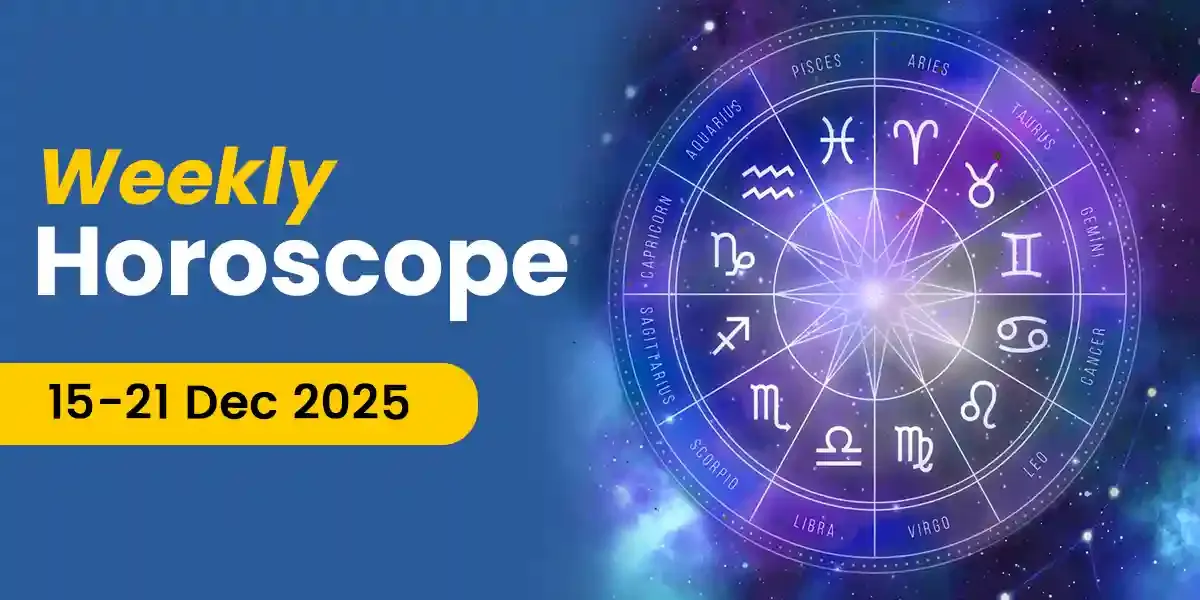
Astroyogi explains the significance and relevance of this Hindu festival. Shivratri is one of the major Hindu festivals which is celebrated in honor of Lord Shiva, one of the principal deities of Hinduism.
Maha Shivratri is celebrated once a year in the Lunar month of Phalgun according to the Hindu calendar. In the Gregorian calendar, it corresponds to the month of February/March. Shivratri is a festival that finds mention in ancient religious Hindu scriptures too. Even ‘Ramayana’, mentions Sita worshipping Lord Shiva and asking his help in choosing the right life partner for herself.
Though Maha Shivratri is celebrated on a grand scale annually, Hindus also celebrate ‘Masik Shivratri’ once in every lunar month. Masik Shivratri is celebrated on the 13th night or 14th day of each month, during the ‘Krishna Paksha’(waning moon). In May this year, it will fall on the 23rd. Though there are many legends and beliefs regarding Masik Shivratri celebrations, it is the day of the month which is considered most auspicious to pay homage to Lord Shiva.
There are many legends and mythological anecdotes that explain why this festival is celebrated. A popular belief is that Masik Shivaratri is celebrated in reverence to the heavenly dance of creation, preservation, and destruction (The Tandava Nritya) performed by lord Shiva. On this day, devotees pray to the ‘Nataraja’(The dancing form of Lord Shiva) to help them attain salvation by burning egoism, lust, hatred, pride and jealousy.
Another legend says that Shiva had appeared in his iconic form of a ‘Linga’(An abstract form of Shiva, commonly worshiped in most temples), which is the symbol of the energy of Shiva Himself. It is believed that Lord Vishnu and Lord Brahma, first worshiped Lord Shiva in the form of a ‘Linga’ on a Shivratri night.
An Anecdote from the ‘Samudra Manthan’ legend says that Lord Shiva saved the Earth from destruction on this day and so devotees celebrate the festival to honor their savior. During ‘Samundra Manthan’, a pot full of poison first emerged. The people were terrified as this poison, if spilled, would destroy the world. They prayed to Lord Shiva to save them all. Lord Shiva appeared and picking up the pot of poison, drank it but did not swallow it. The potent poison remained in his throat, turning it blue. In this way, He saved the earth from destruction. From that day, He was also called ‘Neelkanth’.
Shivratri (Night), as the name suggests, is a festival that is celebrated in the night. It is one of the few Hindu festivals, that is not celebrated with fanfare and gaiety. Devotees of Lord Shiva, fast on this day and stay awake the whole night chanting the name of Shiva and performing other prayers. During the day, a mixture of milk, water, honey, and curd is poured on the Linga and fruits, ‘Bel’ leaf are offered to the Lord in temples all over. People pray for peace, health, and happiness. The unmarried pray for a good life-partner while the married pray for a blissful life.
Our in-house team of writers comprises of vibrant, like-minded, and curious souls who are passionate about helping people find joy and motivation through the magic of words. Our writers are keen on using their skills to make the study of divination sciences a guiding tool in people's lives. They hold expertise in writing on a myriad of topics related to Indian Astrology, Spirituality, Planetary Movements, Vastu Shastra, Numerology, and Tarot among several others. The Astroyogi team aims to write articles that can help the readers lead a life of peace and tranquility whilst enjoying the many ups and downs of life!


































